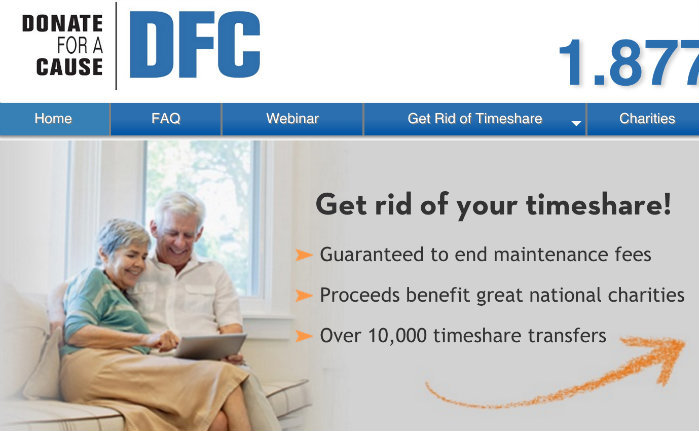Buying a home can be both a remarkable and difficult process at the exact same http://beaurare392.fotosdefrases.com/how-do-i-sell-a-timeshare time. But taking on the huge cost of a home in one fell swoop is typically hard for an individual or family to handle. That's where home mortgages can be found in. Usually in exchange for a down payment, a loan provider will approve you a mortgage loan to allow you to finance your house with a rate of interest connected.
Similar to other kinds of loans, home loans need monthly payments a procedure called amortization where you minimize the debt you owe with time. The interest rate you get will be largely based on your credit rating, in addition to the size of your preliminary down payment. In addition, if you stop paying your home mortgage, the lending institution can foreclose on your house.
Down payment requirements vary from lender to lender and loan to loan, but they typically aren't higher than 20%. The primary balance related to your mortgage is essentially the quantity you owe the loan provider. Lenders won't lend you cash free of charge. The rates of interest you get determines just how much extra you'll pay beyond just your primary balance.
Some examples of these are examination costs, origination charges and title insurance coverage. House purchasers who come up brief on their deposit will likely require to buy home mortgage insurance. Depending upon the type of loan you get, this might can be found in the form of private home mortgage insurance (PMI) or federal government loan insurance coverage.
The application process asks concerns about factors like your approximated down payment amount, employment, annual earnings, credit report, possessions and financial obligation. This assists the lender figure out the maximum loan amount you can get and the conditions under which you'll receive it. Residential home mortgages consist of 2 key kinds. These are fixed-rate mortgages and adjustable-rate home mortgages (ARMs).
A fixed-rate mortgage needs the customer to pay the very same rates of interest throughout the duration of the loan. Since of this, homebuyers will have the ability to prevent varying market trends. For the many part, this style of home loan features either a 15- or 30-year term. Some lenders may have exclusive terms, though.
Then, depending on market modifications, your rate will modify generally on a yearly basis. That makes ARMs considerably more unforeseeable than their fixed-rate counterpart. Here are a couple examples of ARMs: The "5" shows your preliminary rate will last for 5 years, while the "1" means your rate will reset every year.

Aside from standard home mortgage types, government agencies provide their own loans to homebuyers. 3 essential government agencies supply these services: the Federal Housing Administration (FHA), the U.S. Department of Farming (USDA) and the U.S. Department of Veterans Affairs (VA). FHA loans are special because they enable homebuyers to pay just a 3.5% down payment, which is far listed below the basic 20%.
In reality, even those who have actually declared bankruptcy can get authorized. You can only achieve a USDA loan if you're wanting to buy a home in a "rural area," which is designated by the USDA itself. These fixed-rate mortgages typically include no down payment whatsoever. Since the VA offers these mortgages, they are entirely available to military service-members, retired service-members and some enduring military spouses.
Jumbo loans are non-conforming home loans. This implies that they don't fall within the optimum adhering loan limits government firms set. More particularly, loans for single-family houses are topped at $484,350. If your home loan goes beyond those bounds, you require to look for a jumbo loan. If you're prepared to make the dive into homeownership, you'll likely need to get a home mortgage.
There's a wide variety of companies that fit under this heading, consisting of banks, credit unions and online loan providers, like Rocket Home loan and SoFi. These lending institutions can then be divided into two subcategories: retail loan providers and direct lending institutions. The only important difference between them is that retail loan providers provide monetary products beyond just mortgages, while direct lenders focus on home loans.
Contrary to the massive approach utilized by mortgage bankers, portfolio loan providers lend their own cash by their own rules. This could be useful, as these loan providers aren't bound by the very same strict policies and financier interests that home loan bankers typically are. If you require a jumbo loan, it may be simpler to get one through a portfolio lending institution.
Home loans from these lending institutions tend to have high rate of interest and minimum down payments, though. As a result, financiers aiming to repair and turn homes on a short-term basis are their most common consumers. Like their name indicates, wholesale lenders provide funding loans to banks, home mortgage brokers and other outdoors lending institutions.
In most cases, you'll see the name of the wholesale lending institution noted on your home loan documents rather than your broker. When your mortgage is complete, a reporter lending institution will look to sell it to a sponsor, which is an external financier. In order to buy a loan, sponsors must guarantee that it satisfies their requirements.
By selling the mortgages, reporter lending institutions are generally ensuring they generate income, as the chance that a property buyer defaults is gotten rid of. Home loans can be really practical if you desire to buy a home and can't pay for the total rate upfront. Though the types of lending institutions that offer them differ, it's ultimately up to you to choose whether a specific home mortgage, or lender, is for you.